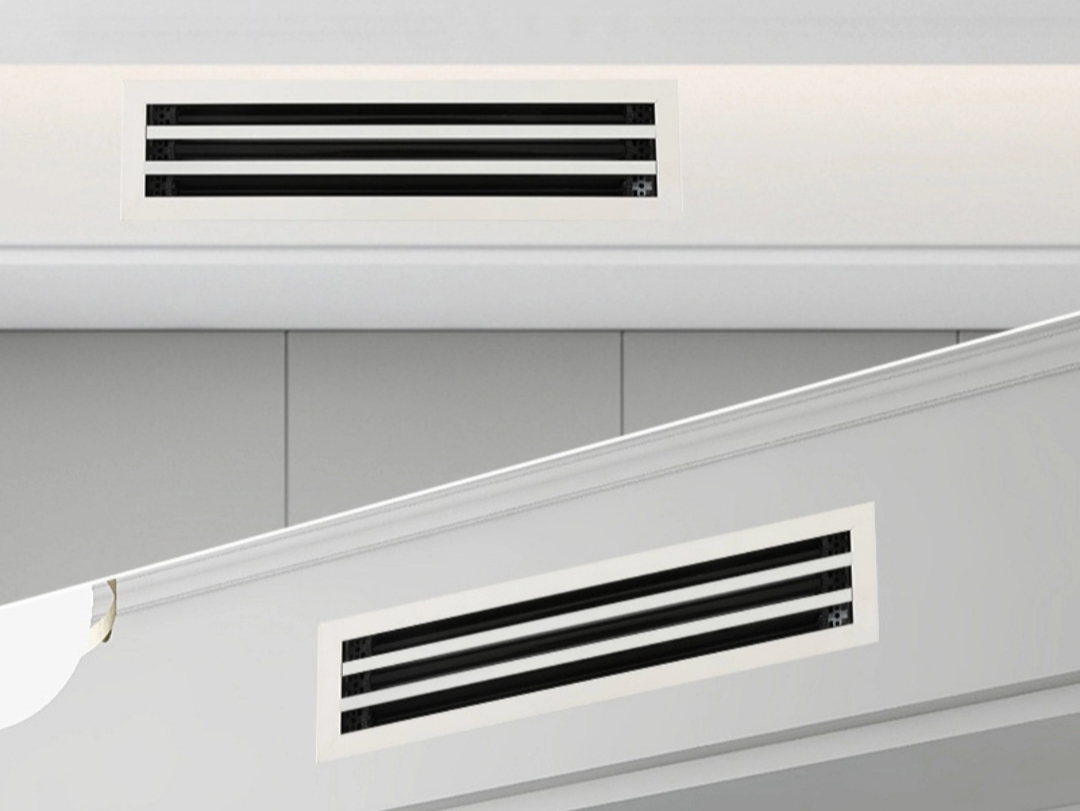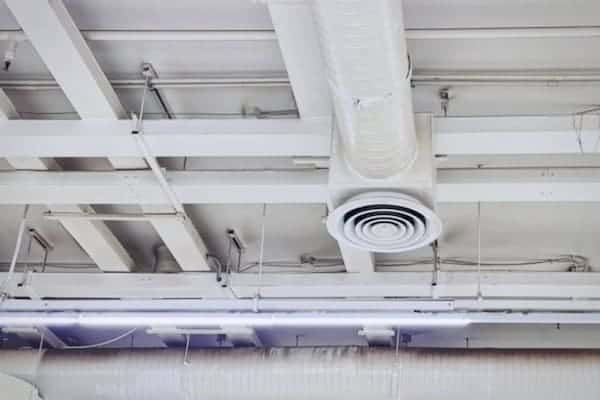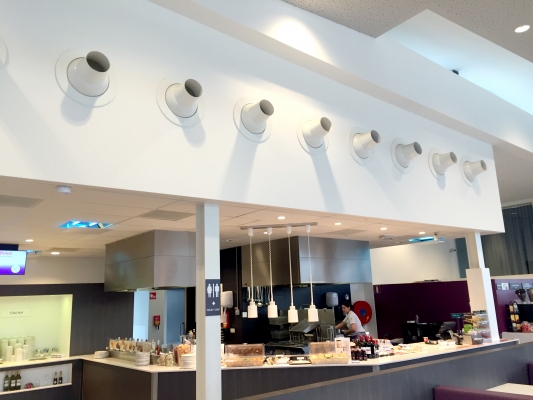Ventilation air grille diffuser
air vent manufacturer since 2002
 Vairtech
Vairtech  2025-09-09
2025-09-09
Selecting the appropriate diffuser for your HVAC system is crucial to ensure optimal airflow and comfort within your facility. Here are key factors to consider when choosing a diffuser:

1. Air Flow (CFM / L/s): The volume of airflow is essential. Determine the required CFM based on the room size and intended use. Larger or uniquely designed rooms may require different types of diffusers to achieve even air distribution.
2. Air Throw: Consider how far the air needs to travel from the diffuser to effectively reach all areas of the room. Some diffusers are designed for long-distance throws, while others work best in closer quarters.
3. Noise Criteria: Noise level is important, especially in environments where quiet is essential, such as offices, hospitals, and classrooms. Look for diffusers with low noise levels or designs that minimize sound during operation.

4. Terminal Speed: The speed at which air exits the diffuser affects comfort and circulation. Faster speeds can create drafts, while slower speeds may not circulate air adequately. Choose a diffuser that balances these factors for your specific application.
5. Pressure Drop: The pressure drop across the diffuser impacts the overall performance of your HVAC system. Ensure the selected diffuser is compatible with your system’s design and capacity.
6. Mounting Site: The location where the diffuser will be installed is also important. Some diffusers are designed for ceiling mounting, while others fit better in walls or floors. Make sure the diffuser you choose is suitable for its intended location.
7. Material: Diffusers come in various materials, each with its pros and cons regarding durability, efficiency, and aesthetics. Choose a material that complements your space’s atmosphere and usage needs.
8. Cost of Replacement: Consider the cost of the diffuser and any associated maintenance or replacement costs over its lifetime. In the long run, a diffuser that is more expensive up front might require less maintenance and operation.
9. Room Size and Layout: Larger rooms or those with unique layouts may require specialized diffusers to achieve uniform air distribution. Standard rooms often use ceiling diffusers, while linear or slot diffusers may be better for larger or irregularly shaped spaces.
10. Match Diffuser Type to HVAC System: Ensure compatibility between the diffuser and your HVAC system for optimal performance. Different systems may require specific types of diffusers.
11. Adjustability: If you need control over airflow direction, consider adjustable diffusers. These allow customization of air patterns to meet changing needs.

12. Aesthetic Considerations: Choose a diffuser that complements your room’s decor while providing effective air distribution. Options range from sleek, modern designs to traditional looks.
When making your decision, consult with an HVAC professional who can provide guidance tailored to the specific needs of your building and HVAC system. This ensures you select a diffuser that not only meets technical requirements but also fits your budget and aesthetic preferences.